One of probably the most used magical items in Dungeons and Dragons is the Health Potion. These things seem to be everywhere but at the same time, cost a pretty penny. What’s the reason for this? Is it the crafting time? What resources does it take to make a health potion? In this article, we will answer the question “How to make a legitimate health potion in dungeons and dragons?”.

What exactly is a Health Potion in Dungeons and Dragons?
In the Dungeon Master’s guide, you are given a simple excerpt for the role of the health potion in your game.
You regain hit points when you drink this potion. The number of hit points depends on the potion’s rarity, as shown in the Potions of Healing table. Whatever its potency, the potion’s red liquid glimmers when agitated.
– Dungeon Master’s guide
Health potions are a familiar concept in most video games and TTRPGs that they’re almost a cliche at this point. When players take significant damage, they drink a potion, and their health bar replenishes. In every game that features hit points (HP), there is almost always a method to lose or regain health.

But even outside of video games, the idea of a potion being drunk and then giving the boozer some kind of benefit. Think of Popeye and his can of spinach, giving him the strength and vitality he needs after being either beaten up or facing an uphill battle. Besides that, examples like the Holy Grail, where one could receive eternal life, spiritual enlightenment, etc.
So with that being said, have we gotten too used to the concept of a health potion that we don’t even look down before the liquid goes past the neck of the bottle and down our own?


Total Party Kill Productions
Delve into the Dungeon
Step into the world of adventure with these Dungeon Delver Club shirts—the depths are calling, answer the call!
What are the different types of health potions in Dungeons and Dragons?
To start our search off, we are going to discuss the four canon health potions in dungeons and dragons and their healing properties.
There is the potion of healing which is the most common and cheap of the bunch. After drinking this potion, you’d roll 2d4+2 (with an average of 7 hit points regained) and add that back to your health bar. In Dungeons and Dragons 5th edition, this also means that if you heal more than you’ve lost, those extra points are lost to the ether and you gain no temp HP.

Next is the Potion of Greater Healing which is uncommon, meaning it won’t be at every corner store like its little sibling, and will get you 4d4+4 health points back (with an average of 14 HP returned to the user).
Following that is the Potion of Superior Healing, which is said to be rare. Maybe only a handful of people can actually create this level of potion that gives the drinker 8d4+8 (with an average of 28 hit points regained). If you’re drinking this potion, I’d be afraid to ask what you were going up against.
Last, but certainly not least, is the Potion of Supreme Healing. To get your hands on this, you’d need a master potion master to create it and you better have deeeeeeeep pockets. Which is the next thing I want to address: Cost.
Health Potion Prices in DnD?
We now know the different levels of potions in DND, but god, what makes the prices so different from one another as you can see in the chart below. *
| Potion | Price |
|---|---|
| Healing | 50 GP |
| Greater Healing | 200-250 GP |
| Superior Healing | 2000-2500 GP |
| Supreme Healing | 20000-250000 GP |
Going back to the Dungeon Master’s Guide, we see that to create a health potion (which is a magical item), you need more than just time, effort, and materials. It often relies on an adventuring party to be hired to collect an item. Luckily, this doesn’t apply to the health potion, all you need is proficiency with the herbalism kit, time, and money.
So what are we exactly paying for when we create these potions? Time is certainly a factor as it can range from 1 day to 4 work weeks to create a single bottle depending on the rarity.
This makes the question harder to answer when you know that health points in dungeons and dragons aren’t equivalent to what some people have called “meat points”. That is to say that health isn’t JUST an indicator of damage dealt. It can also measure of luck used, your physical and mental durability, the will to live, etc. That is why barbarians can fight at full force even at 1 HP or that a level 1 and 10 wizard can have the same physical attributes, but the level 10 wizard has more HP due to things like battle experience. So when you take this into research, it throws a wrench into more scientific results. Let’s march onward anyway.
Halt!
Take A Moment and Support Knight’s Digest!
Adventurers, if you’ve enjoyed the content we’ve worked so hard to create, we humbly ask for your support. Running Knight’s Digest takes countless hours of dedication, creativity, and passion, and we’d love your help to keep our dungeon full of treasure (and coffee).
If you think we’ve earned it, consider donating to help us continue crafting the stories, resources, and ideas you love.
Make a one-time donation
Make a monthly donation
Make a yearly donation
Choose an amount
Or enter a custom amount
Your contribution is appreciated.
Your contribution is appreciated.
Your contribution is appreciated.
DonateDonate monthlyDonate yearlyWhat’s Inside a Health Potion?
First and foremost, there is no technical answer to this question as there is no recipe listed anywhere officially. In fact, it seems as if the makeup of the potion can vary quite widely when you look at the descriptions of the potions throughout officially published materials.
Amongst the Sword Coast, the health potions are known for their blue hue and slight phosphorescence, accompanied by the pleasant scent of honey and orange blossoms. In the city of Keczulla, the potions have a milky appearance, while in Waterdeep, they are a deep purple. The taste varies as well: Velen’s potions have a minty flavor, whereas most others have a mead-like taste with honey and herb notes.
So for at least a common health potion, I would say that the potion is a mix of honey and herbs and thrown into some water. While I am disappointed to read that there isn’t an official recipe that players can use as inspiration for their own crafting, I do enjoy the opportunity for role-playing between the player and the party/DM. As for the higher-level potions, it’s really up to you. I found this resource from the GM Binder which is a whole crafting guide for dungeons and dragons players who want to pick up their herbalist kits and get some potions brewing.

What would I put Inside?
If I were DMing this, I would probably make the ingredients a mix of hard-to-find mushrooms and other potent fungi. I would send the party off on a quick side adventure to skip the expensive and possibly marked-up stores that they run into in my games. For those higher potent potions, I would have them seek out gems that could be crushed and mixed into the formula. These potions can only be made by master potion masters. I’ve added a quick chart below that I plan on using in my future games in case my players want to craft their own.
| Potion | Experience |
|---|---|
| Healing | Can make it with a little bit of practice and good roles |
| Greater Healing | Have made at least 20 healing potions |
| Superior Healing | Have made at least 50 Greater Healing Potions |
| Supreme Healing | Have made at least 70 Superior Healing Potions |
I think it’s important to implement something like the table above since it seems that a lot of effort and time goes into making the higher-end options, meaning that it is a craft like any other. This also means that you can only make great works of art after making hundreds of subpar creations.
How Does Knowing This Make Potions Better in My Game?
I think all TTRPGs that have an open sandbox concept benefit from the GM and the players to have a general idea that “things don’t just pop out of nowhere”. I am a big fan of immersion in my games and in my world-building.
After knowing how long it takes to make a potion, I would recommend making them more sparse and even out of stock at some of the stores your party visits. It adds a level of realism that you see in the real world and gives the items your party carries more weight.

Not every corner general store is going to have that potion of Supreme Healing, even if you ask nicely. For my less serious games and one-shots, I usually put this mentality aside and let my players have fun with their honey-tasting potions.
My friends and I play a lot of battle royales and I think I would disperse health potions onto the battlefield based on their rarity. Sprinkling a ton of common health potions and maybe one or two supreme healing potions. This would make finding a higher-level potion extra special and give the feeling of achievement during these tense moments.
Closing Remarks on the Health Potion
In conclusion, health potions in Dungeons and Dragons serve as a crucial lifeline for adventurers, offering us all a glimmer of hope when the odds are stacked against us.
These potions are embedded deeply in the lore and gameplay of D&D, through countless campaigns and adventures. While their crafting might seem straightforward, it requires a mixture of time, resources, and sometimes rare ingredients, adding layers of realism and immersion to the game along with endless possibilities for adventure.
By understanding the nuances of health potions, Dungeon Masters can enhance their storytelling, making these elixirs feel earned and valuable. Whether found in the corner of a dusty shop or crafted through adventurous effort, health potions continue to be a cornerstone in the world of Dungeons and Dragons, reminding players that safety can be a sip away
I recommend checking out The Best Dungeon and Dragons Tools for Dungeon Masters 2024 by Skylar Bohannan. Signing up for our newsletter to keep up to date with all the latest articles
Resources & Links
* Before you comment, there is a WIDE array of options for a dungeon master to price their magic items. I chose to go with rarity because it just kinda makes sense but twice the creation cost as stated in Xanathar’s Guide to Everything also does so… do whatever suits you best?
- https://www.dndbeyond.com/forums/dungeons-dragons-discussion/rules-game-mechanics/26835-healing-potion-price-guide
- https://www.dndbeyond.com/sources/dnd/xgte/downtime-revisited#CraftinganItem
- Wizards of the Coast. Dungeon Master’s Guide. Renton, WA: Wizards of the Coast, 2014.
- https://www.reddit.com/r/Fantasy/comments/jwu4cl/where_did_the_use_of_healing_potions_originate_in/
- https://www.reddit.com/r/DMAcademy/comments/ikpvw8/reminder_hit_points_are_not_a_measurement_of_your/

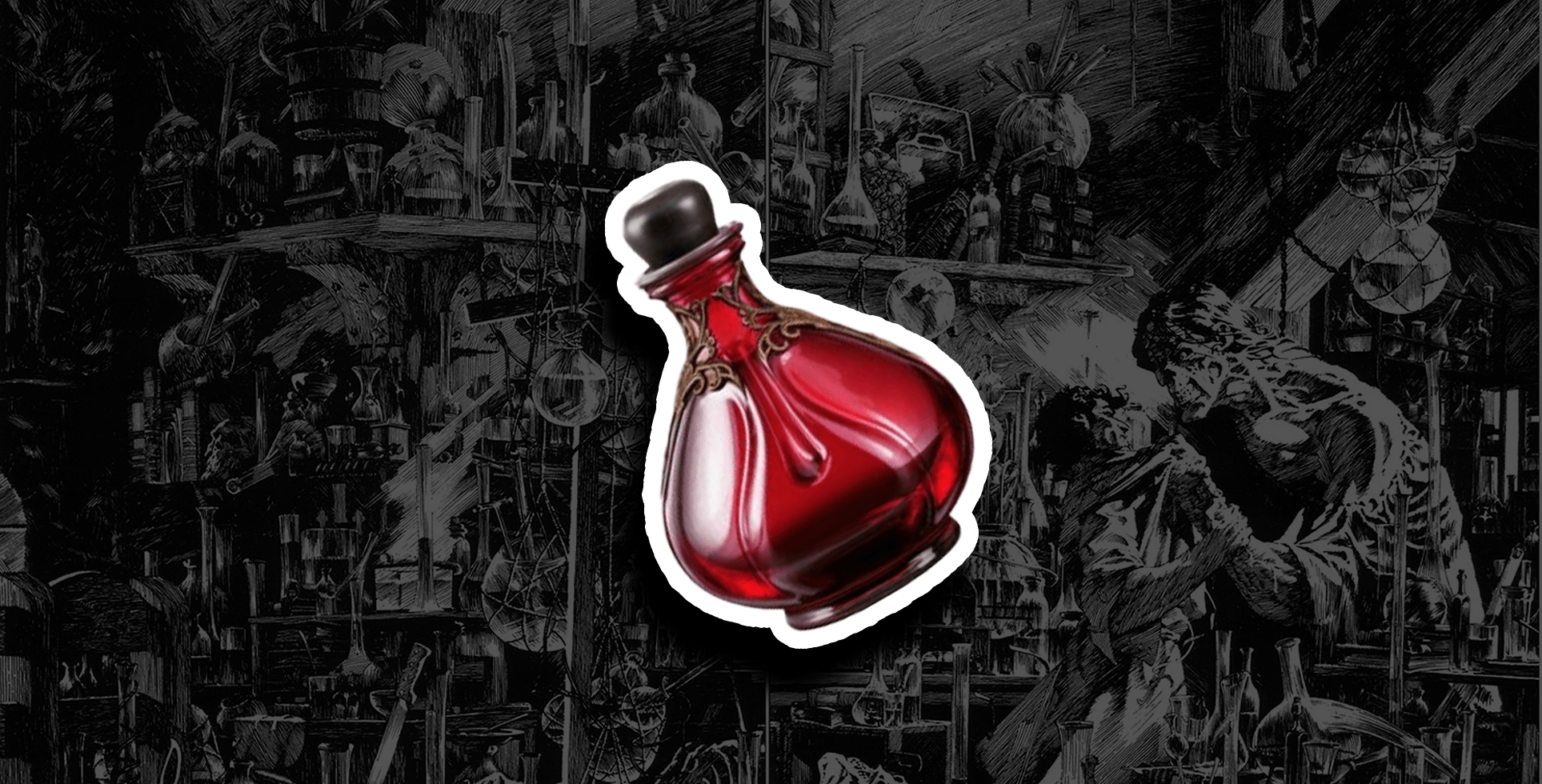







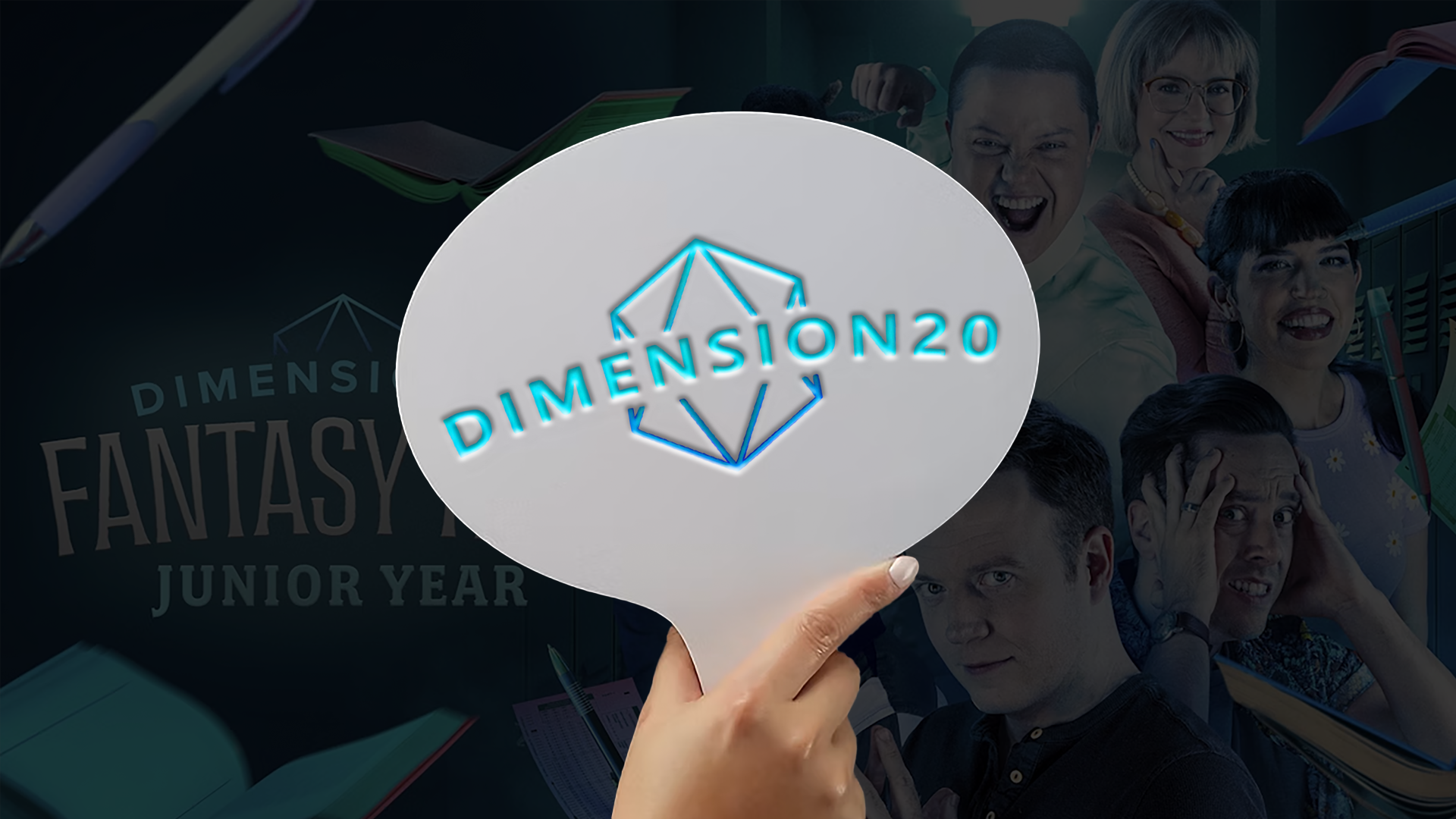
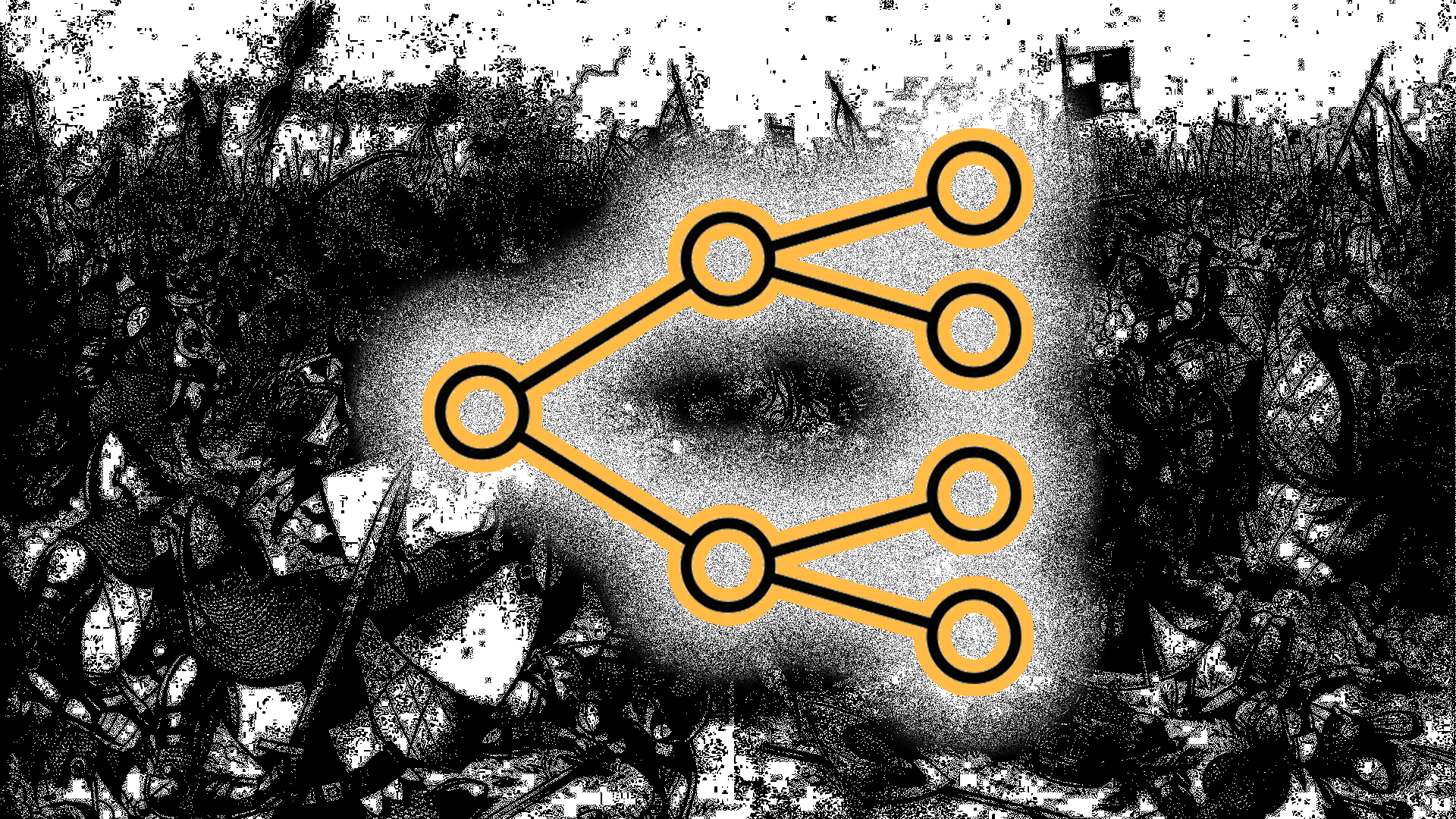
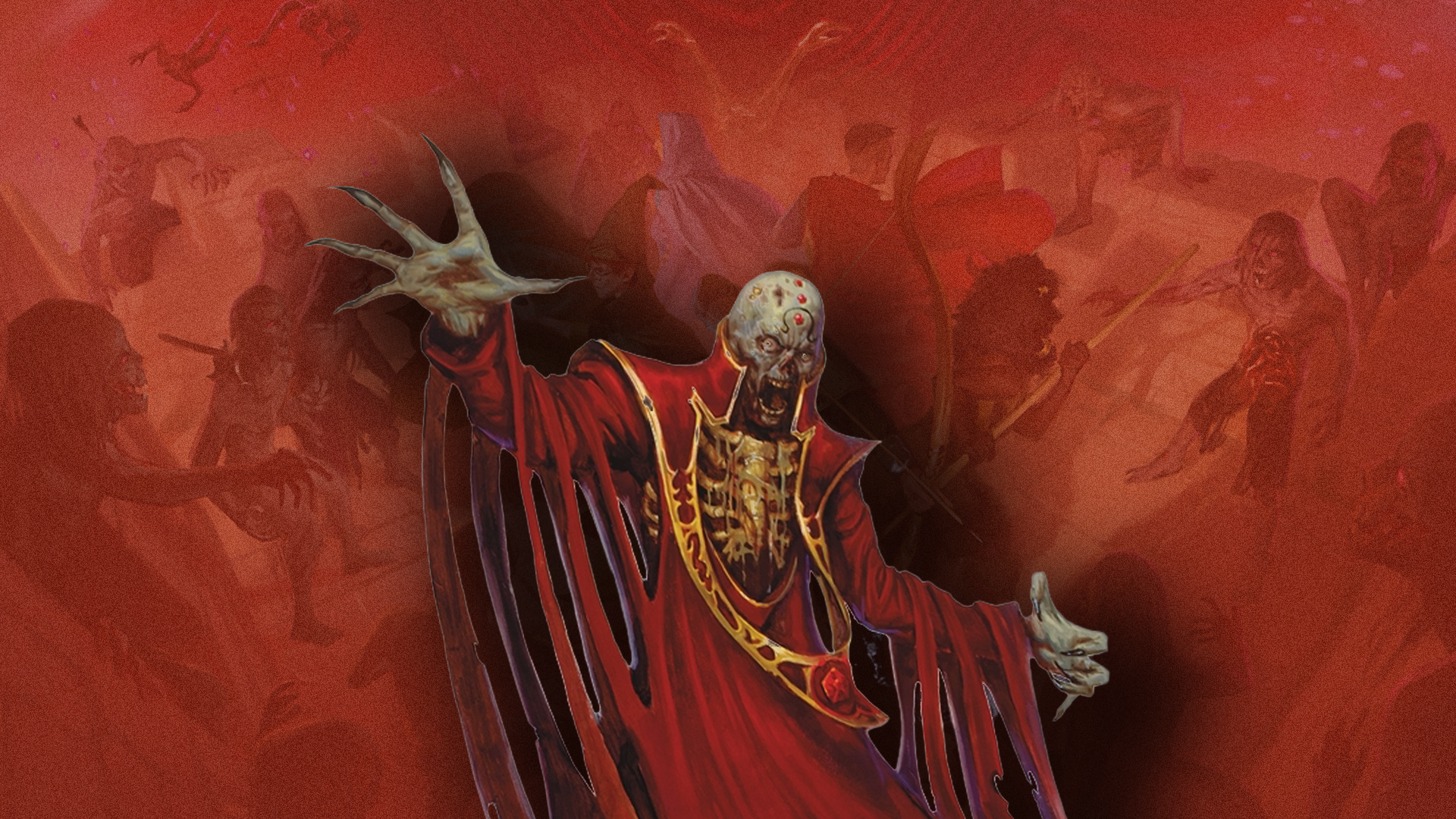
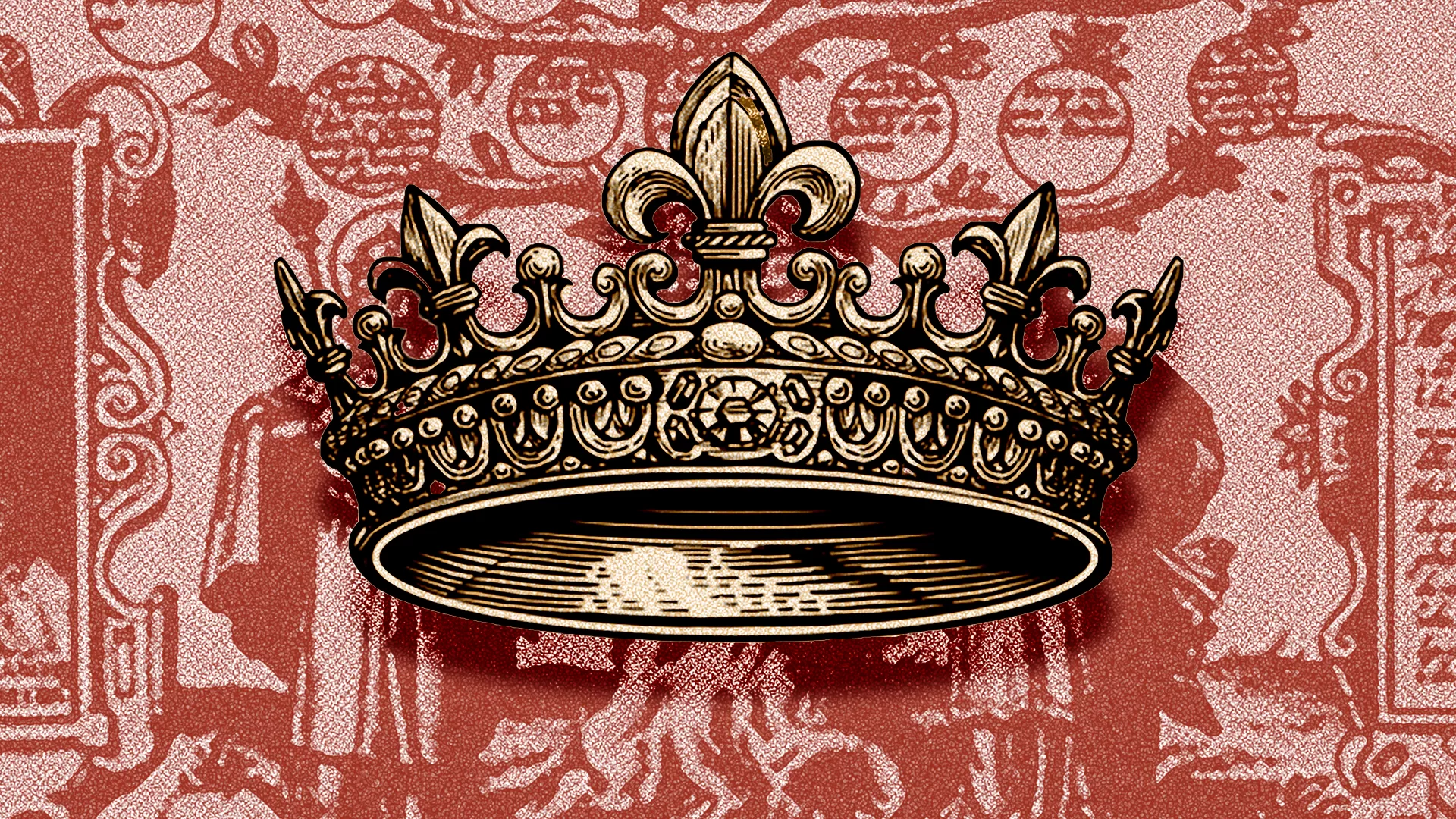

Leave a Reply